alembic finished reading Hunger by Roxane Gay
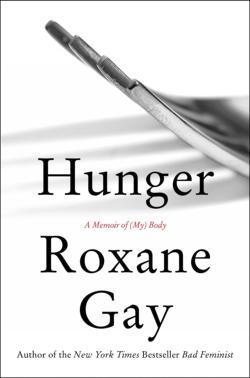
Hunger by Roxane Gay
Hunger: A Memoir of (My) Body is a 2017 memoir by Roxane Gay, published on June 13, 2017, by HarperCollins …
Also at mastodon.social/@alembic
Mathematician & civil servant seeking drops of truth, beauty, & compassion distilled in the human alembic .
Avid reader. Love to explore the human condition through both fiction and nonfiction. Genres of interest: fiction (classics to modern), language, history, foreign affairs, math/science/technology.
This link opens in a pop-up window

Hunger: A Memoir of (My) Body is a 2017 memoir by Roxane Gay, published on June 13, 2017, by HarperCollins …
This book, while no mean task to produce, fails to be effective as a short introduction. It takes a lot of work to be both effective and short, and that work seems to be missing. Other shortcomings also give the sense of a work that was “tossed off”. In addition to typos, there does not seem to be much thought given to how the material is presented, apart from addressing individual topics in chapters. Within a chapter the text moves along, using obtuse language that should not be expected to be familiar to someone in need of a short introduction to critical theory. Only someone already conversant would find it anything but a slog. Words such as ontology, eschatology, dialectic, though not specific to critical theory, are used liberally, while concepts specific to critical theory are used without introduction or definition.
It’s incredible that Oscar Wilde came out of jail not resentful but full of compassion. He had compassion for the horrid Lord Douglas, with whose relationship had led to his destruction. He had great compassion for his wife, who suffered greatly. And he had intense compassion for his fellow prisoners, and successfully campaigned for prison reform on his release.
His writing is brilliant, beautiful and true, but it’s his compassion, his ability to portray intense, deeply held conviction and feeling that is exceptional, and moving.
Colm Tóibín has done an excellent job editing. The juxtaposition of Wilde’s letters, including De Profundis, and The Ballad of Reading Gaol, complete with numerous footnotes for context, presents Wilde’s inner and outer life as a vivid whole.
It’s incredible that Oscar Wilde came out of jail not resentful but full of compassion. He had compassion for the horrid Lord Douglas, with whose relationship had led to his destruction. He had great compassion for his wife, who suffered greatly. And he had intense compassion for his fellow prisoners, and successfully campaigned for prison reform on his release.
His writing is brilliant, beautiful and true, but it’s his compassion, his ability to portray intense, deeply held conviction and feeling that is exceptional, and moving.
Colm Tóibín has done an excellent job editing. The juxtaposition of Wilde’s letters, including De Profundis, and The Ballad of Reading Gaol, complete with numerous footnotes for context, presents Wilde’s inner and outer life as a vivid whole.
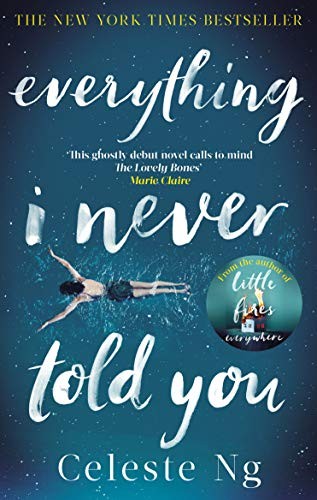
"Lydia is dead. But they don't know this yet. So begins the story of this exquisite debut novel, about a …
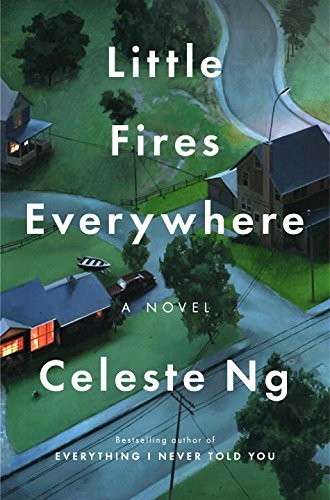
In Shaker Heights, a placid, progressive suburb of Cleveland, everything is planned – from the layout of the winding roads, …
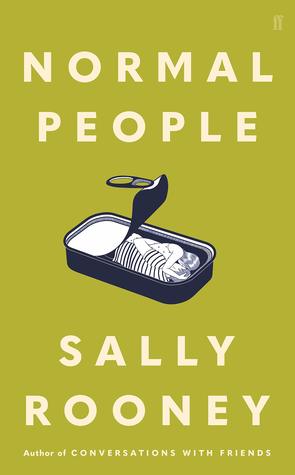
Connell and Marianne grow up in the same small town in rural Ireland. The similarities end there; they are from …
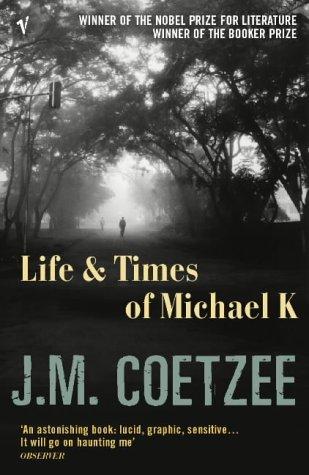
In a South Africa torn by civil war, Michael K sets out to take his mother back to her rural …
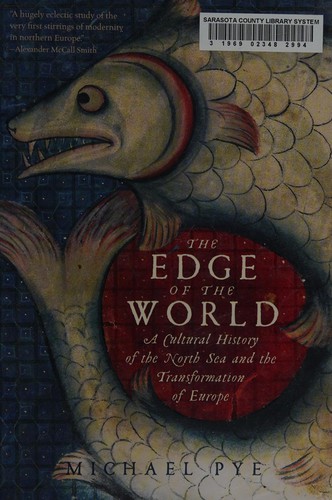
Tells the story of how modernity emerged on the shores of the North Sea, uncovering a lost history of a …